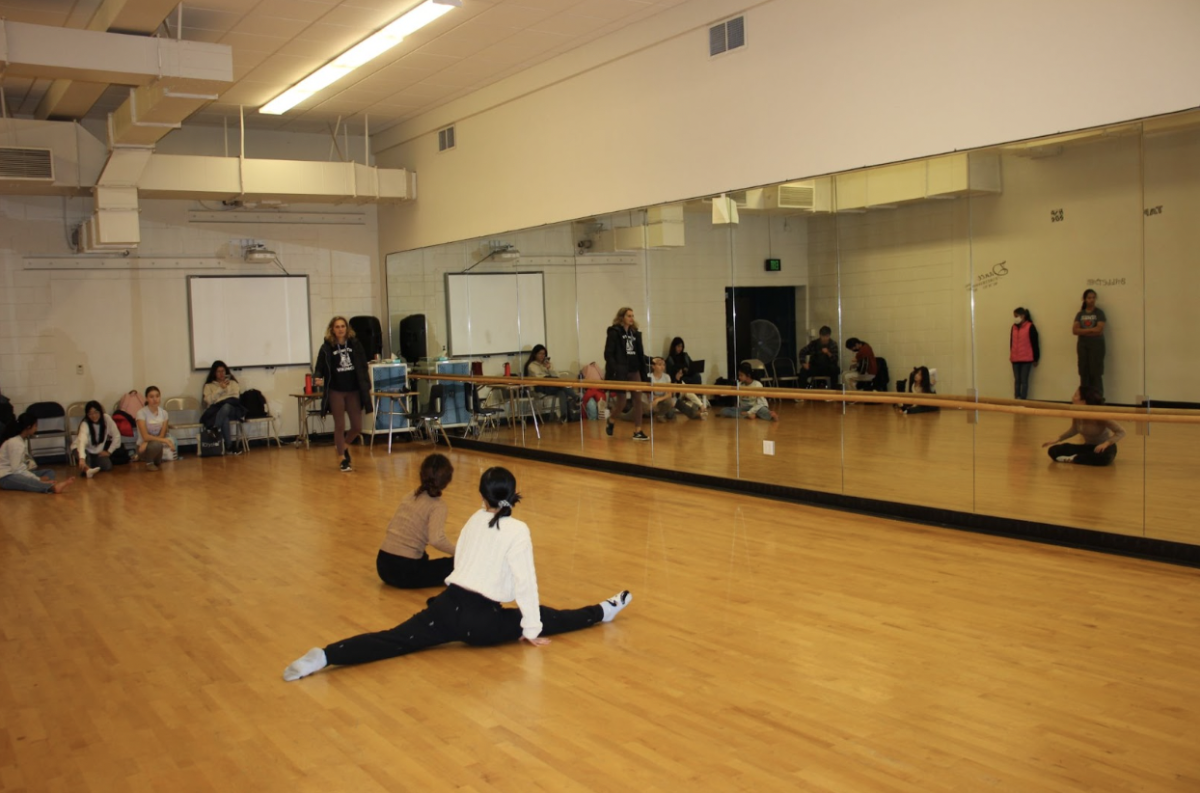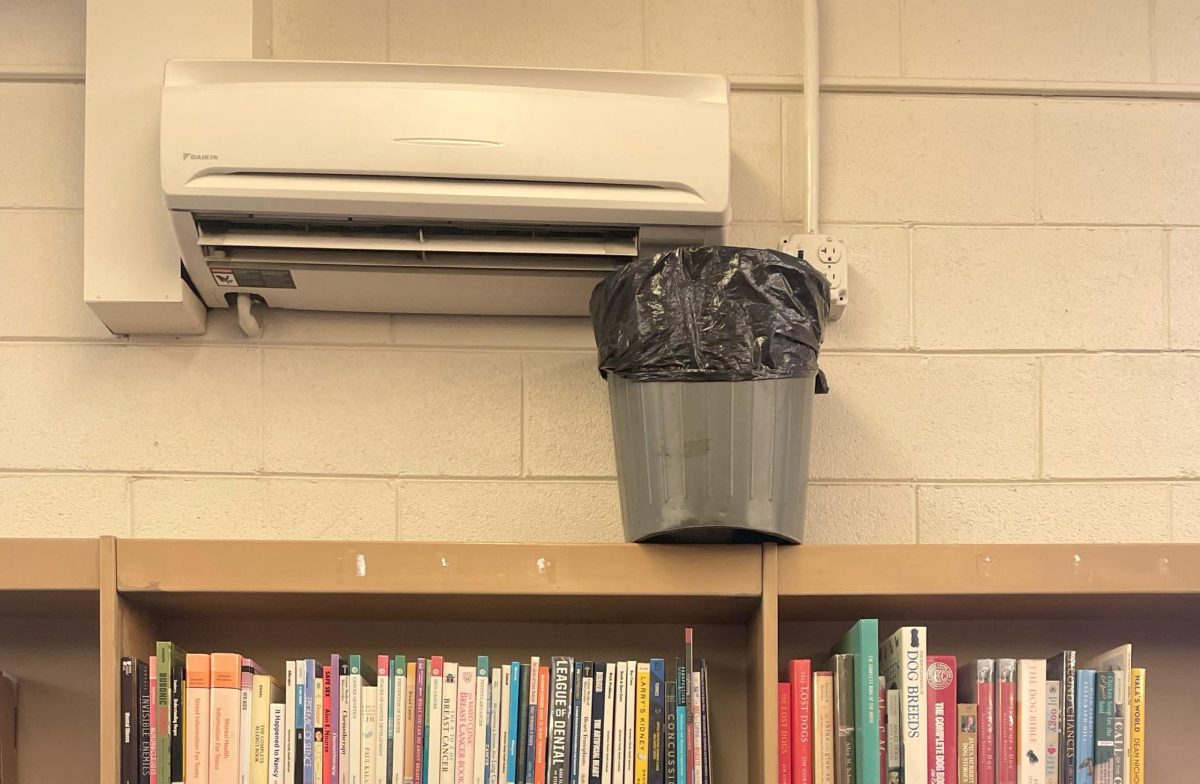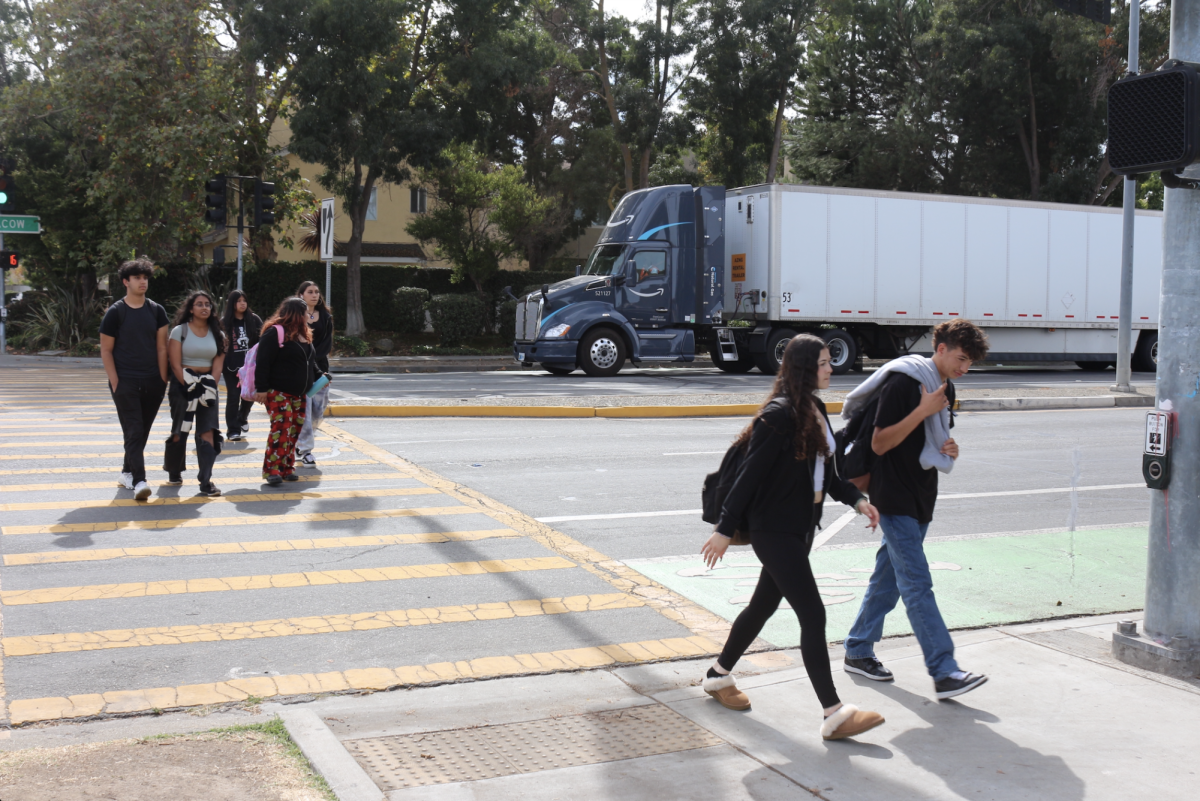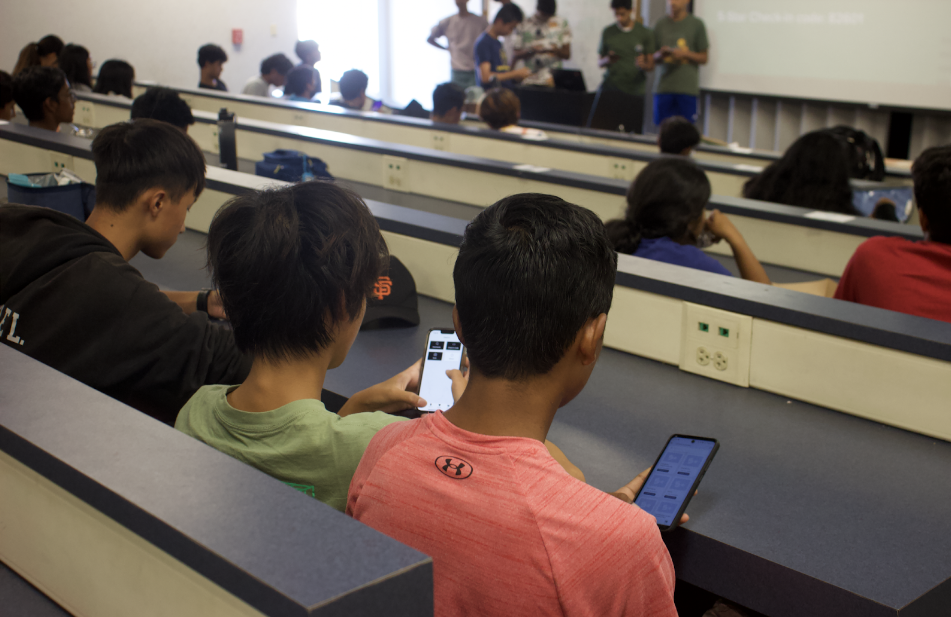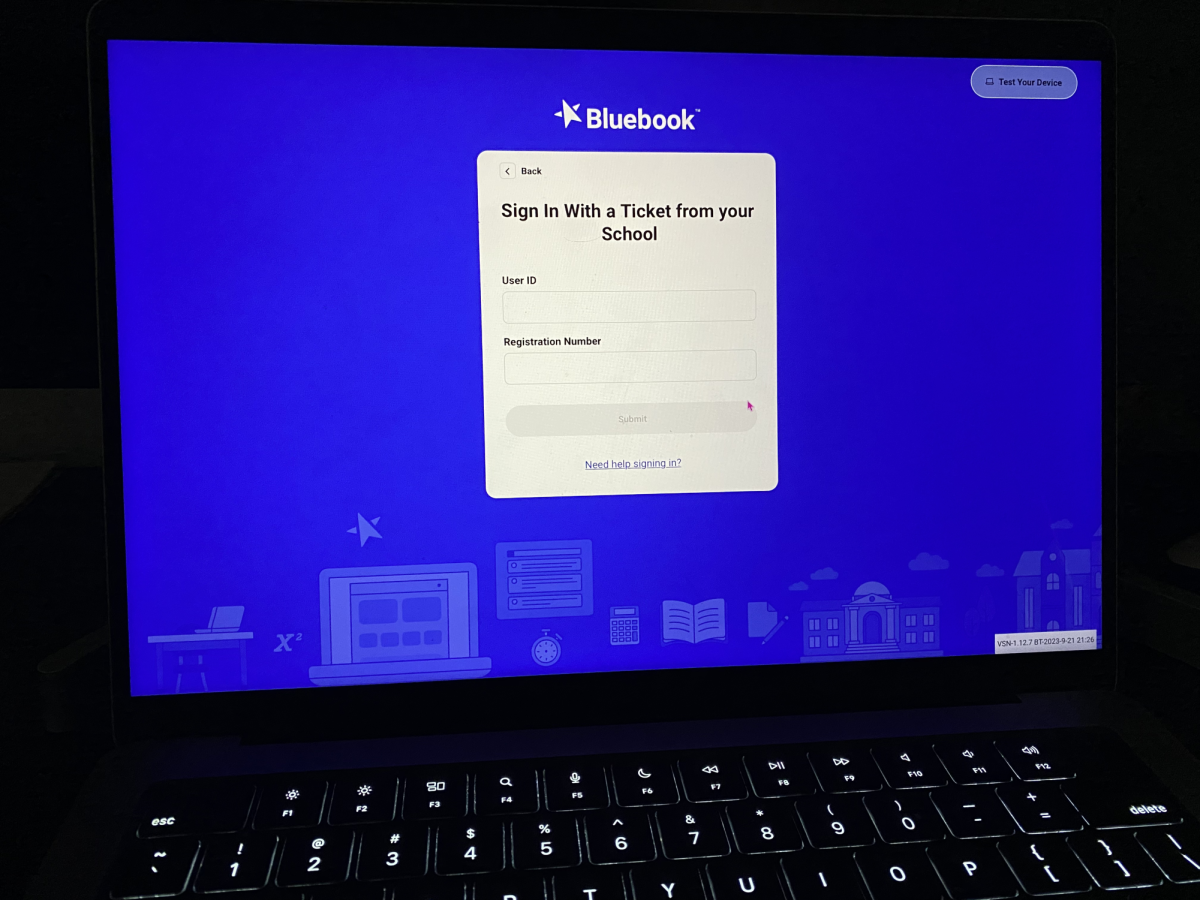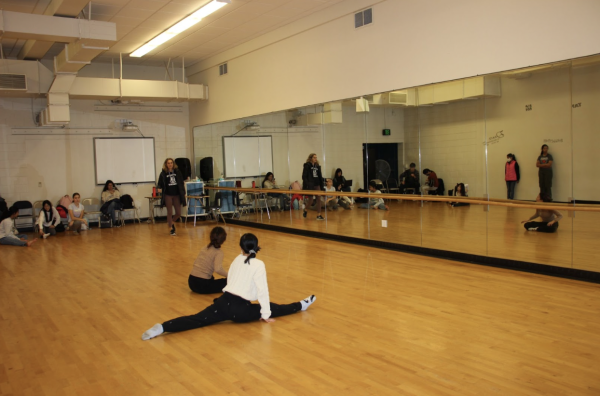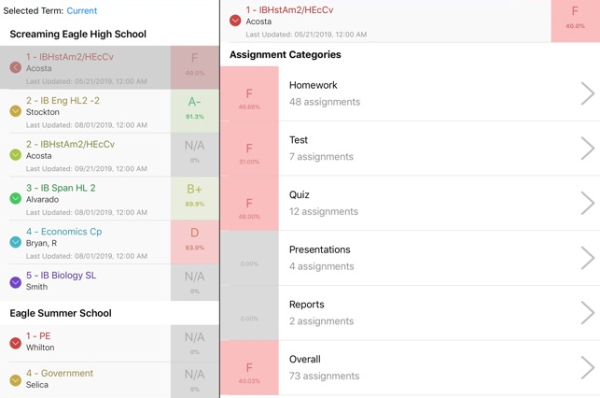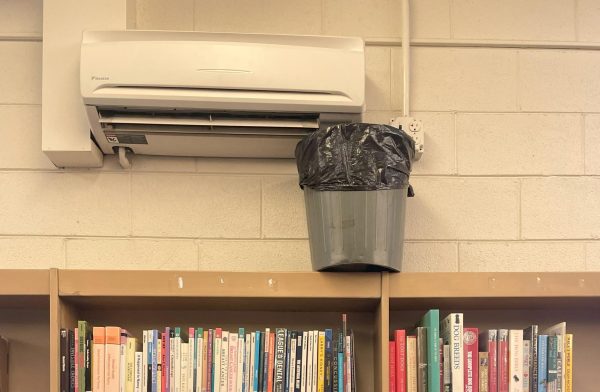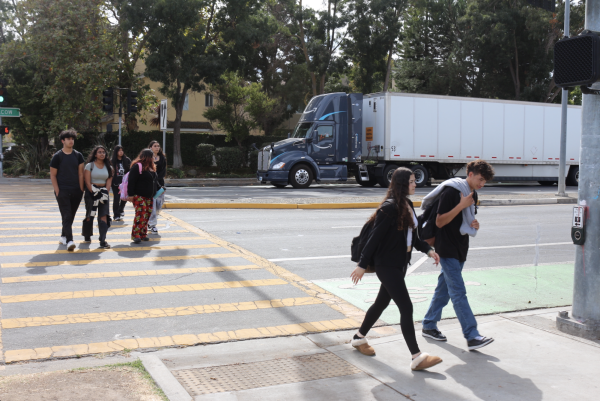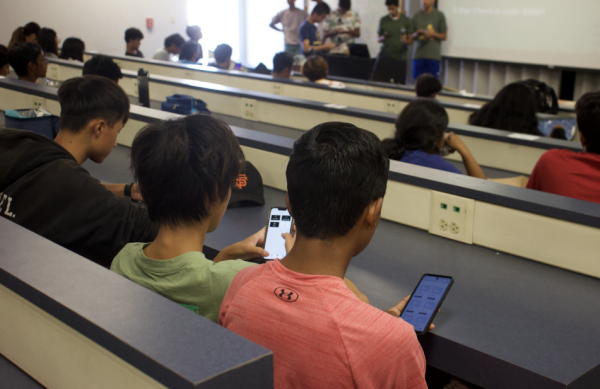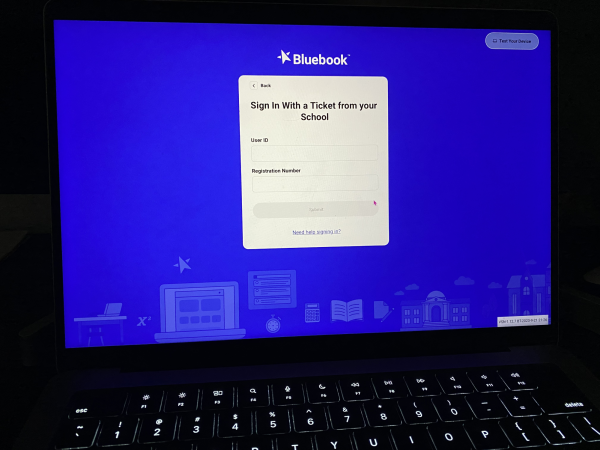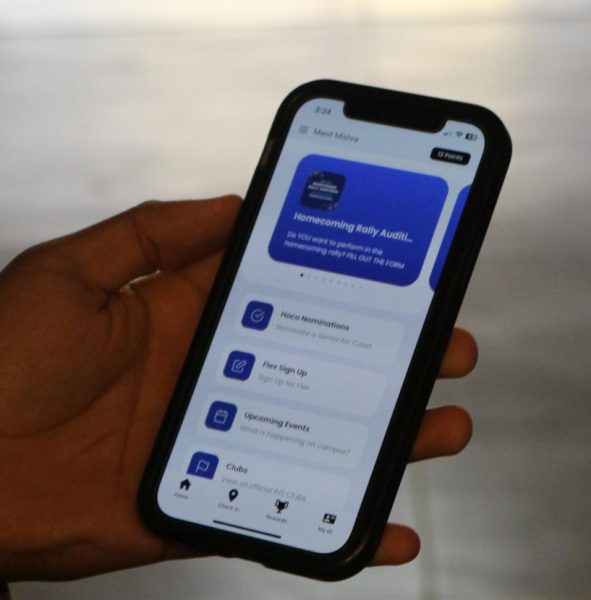Senioritis: The Last Plague
October 17, 2017
For years, humankind has put up against the deadliest, most heart-rending illnesses. Among these illnesses is the dreadful Senioritis. Terrorizing seniors for decades, Senioritis invades a senior’s work flow and deprives them of the merits that come with motivation. Senioritis is a seasonal condition in which seniors are incapable of motivating themselves to carry out their work or duties.
Since Sept. 9, senior Papat Scooper has been struggling with a severe case of Senioritis. Due to his condition, Scooper’s GPA dropped dramatically. Scooper received tardies for two weeks in a row, as opposed to his usual clean attendance record. His friend Britney Houston (12) has known Scooper since freshman year, and she is concerned about the changes Scooper is going through.
“He had a plan for senior year and everything,” Houston said. “Now whenever I ask him about QUEST, he blabbers on about some Dragon Quest game.”
There are many aspects of Senioritis that are unclear to teachers and students, especially among students that are not seniors. The lack of this knowledge can blur the line between real Senioritis, and fake Senioritis, properly referred to as Pseudo-Senioritis.
“I’ve had junior friends tell me they’ve had Senioritis since freshman year,” Scooper says. “That’s just not right. They haven’t experienced what I have.”
Senioritis Expert, Han Shannity, has been studying Senioritis for the past twenty years. According to Shannity, underclassmen can catch Pseudo-Senioritis. Unless you are a senior, you remain immune, Senioritis. Seniors, on the other hand, are at high risk of the epidemic.
“Most underclassmen who have Pseudo-Senioritis,” said Shannity. “These are actually stage 1 procrastinators, which is much harder to treat.”
According to Shannity, signs of Senioritis may be present at the beginning of the year, but as the year goes on, the severity of Senioritis increases. Symptoms of Senioritis includes: difficulty waking up, difficulty finishing school work, a generally dismissive attitude, and a sense of complacency. Though symptoms are similar to procrastination, real Senioritis stems from a place of no motivation at all, whereas procrastination stems from the fear of responsibility. Shannity has pinpointed two causes for Senioritis.
“By the time a student reaches their senior year, the routine of school becomes bland,” Shannity said. “I imagine by the end of the year, the routine can be tedious.”
Though Irvington students change their class schedule yearly, the structure never changes. School starts at 8 a.m. and ends at 3:30 p.m., with the exception of block days. Nine months of constantly attending the same classes on the same days with the same people can be very monotonous. Senioritis also thrives off of the complacency that comes with college acceptances. The excitement of starting college can very well stand in the way of finishing high school. Shannity has set up a “Seniors Struggling with Senioritis” support group in the Irvington library, open to anyone every Thursday.
“I finally joined after trying out several methods of clearing my Senioritis,” Scooper said. “We share stories about what we did instead of last night’s homework. It really opens up a sense of community.”
Prior to the support group, Scooper attempted various forms of treatment such as energy drinks, self-discipline, his mother’s pep talks, and daily planning. Unfortunately, the treatment was ineffective. However, Shannity has discovered a cure.
“It’s really hard to snap out of Senioritis, but Graduation Day seems to do the trick,” Shannity said. “It works every time for every senior.”
Shannity’s research group shifted the focus of their research to be on Graduation Day. With enough research, they hope to simulate the bodily effects of Graduation Day through a form of VR. With this technology, seniors can feel the accomplishment of graduating high school, prompting them to break out of Senioritis and finding the motivation they once lost.



